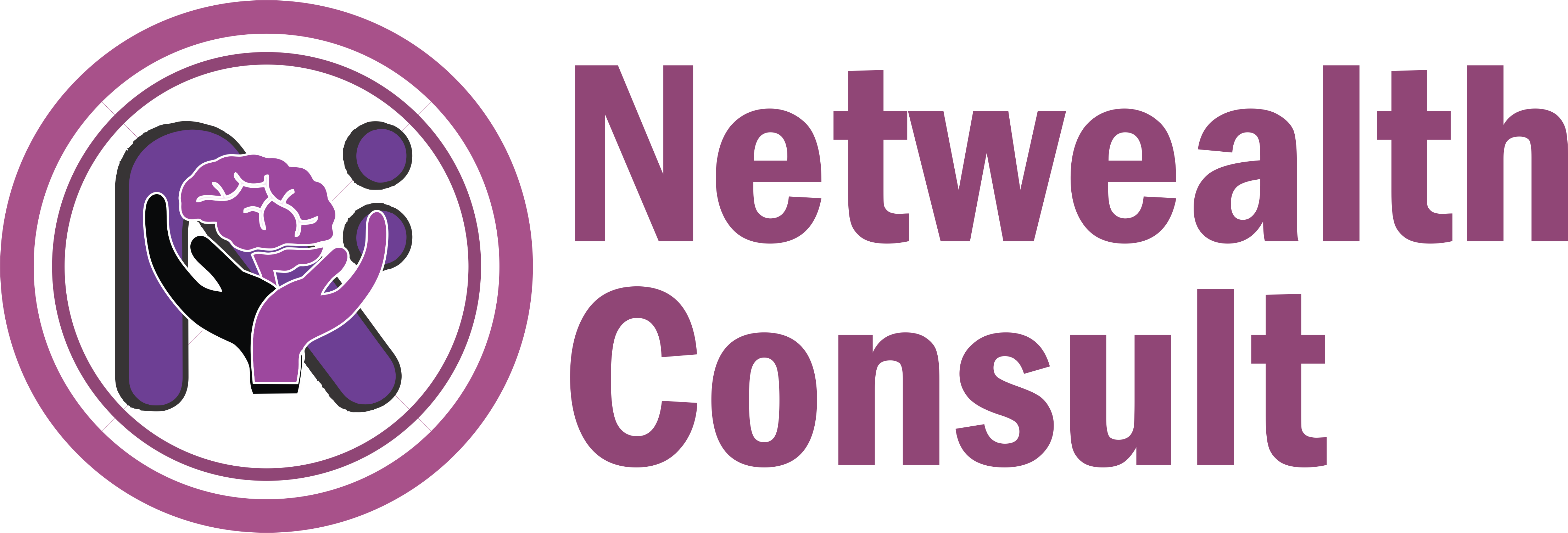
In a world obsessed with performance metrics, hard skills, and bottom-line results, one essential ingredient of effective leadership often gets undervalued: emotional intelligence (EQ). Yet, study after study—and boardroom after boardroom—reveals the same truth: leaders with high emotional intelligence consistently outperform those who rely on intellect or technical expertise alone.
But why? What makes emotionally intelligent leaders so effective? And why are organizations beginning to prioritize EQ over IQ?
- They Create Trust, Not Just Targets
Emotionally intelligent leaders understand that people don’t follow titles, they follow trust. Trust is built through empathy, integrity, and consistency, all core elements of EQ. These leaders know when to listen, when to challenge, and when to simply be present. They cultivate psychological safety, which research from Google’s Project Aristotle showed is the number one predictor of high-performing teams. - They Navigate Complexity with Clarity
Leadership today isn’t about having all the answers. It’s about asking the right questions, managing ambiguity, and staying composed when others panic. EQ allows leaders to regulate their own emotions, avoid reactive decision-making, and maintain focus in chaotic environments. This emotional steadiness becomes contagious, helping teams navigate change without losing their center. - They Inspire, Not Instruct
A leader without emotional intelligence might issue commands and expect results. But emotionally intelligent leaders tap into deeper motivators. They recognize individual differences, tailor their communication, and inspire ownership rather than enforce obedience. In doing so, they unlock discretionary effort—the extra mile that can’t be mandated, only inspired. - They Turn Conflict into Growth
Most leaders dread conflict. Emotionally intelligent ones embrace it as a catalyst for growth. They don’t avoid tough conversations; they approach them with curiosity, empathy, and a commitment to resolution. They manage their defensiveness, read nonverbal cues, and help others feel heard—transforming tension into teamwork. - They Build Cultures, Not Just Companies
Culture isn’t built in boardrooms—it’s shaped by everyday interactions. Leaders high in EQ set the tone for what’s acceptable, what’s rewarded, and what’s ignored. Their ability to connect, reflect, and adapt shapes the organizational environment. And culture, more than strategy, determines whether an organization thrives or flatlines.
The Science Agrees
Daniel Goleman, a pioneer in EQ research, found that emotional intelligence accounts for nearly 90% of the difference between average and exceptional leaders. In fact, EQ is often a stronger predictor of leadership success than IQ, especially in roles that require collaboration, negotiation, and change management.
In a World of AI, EQ is the X-Factor
As artificial intelligence continues to automate tasks, emotional intelligence becomes one of the few remaining traits that machines can’t replicate. The future of leadership isn’t just smart—it’s deeply human.
The Bottom Line
Emotionally intelligent leaders don’t just lead better teams—they elevate everyone around them. They outperform not because they’re the loudest voice in the room, but because they’re the most attuned to it.
In a rapidly changing, emotionally complex world, leaders who understand emotions—both theirs and others’—will always have a strategic advantage.
The best leaders don’t rise above people—they rise by lifting them.
